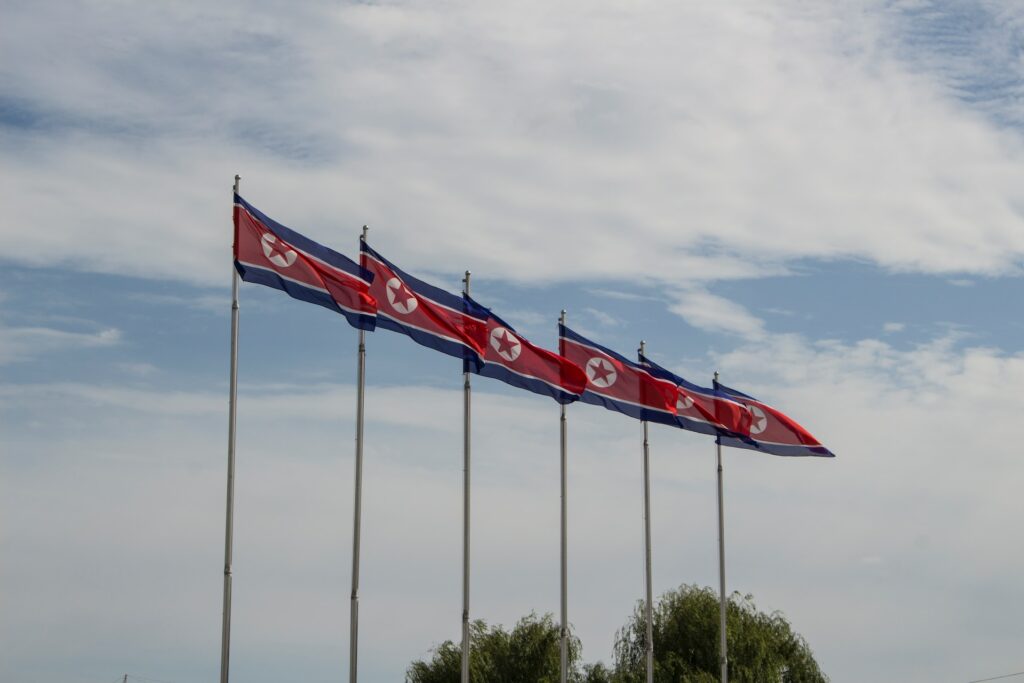
(Rightallegiance.com) – North Korea, on January 5, launched a barrage of artillery shells near the South Korean border islands, escalating tensions. The regime, led by Kim Jong-un, declared the South as a “hostile state” and asserted its intent to subjugate it through nuclear warfare. In addition, North Korea claimed to have tested an underwater nuclear drone aimed at repelling U.S. Navy fleets.
Amid the U.S. and its allies’ focus on conflicts in Ukraine and the Middle East, concerns arise over whether Kim Jong-un’s recent threats indicate a shift from mere posturing to actual military aggression. Historically, North Korea has employed carefully measured provocations to achieve various objectives, such as internal discipline, garnering attention from neighbors, and influencing the United States.
Notably, analysts, including former State Department official Robert L. Carlin and nuclear scientist Siegfried S. Hecker, warn that Kim Jong-un may have strategically decided to initiate war rather than relying solely on threats. This shift is attributed to internal issues like a stagnant economy, shortages of food and oil, and external frustrations, such as the failure to lift international sanctions through direct diplomacy with former President Donald J. Trump.
While there is a consensus on North Korea’s changing posture, there is disagreement on Kim Jong-un’s ultimate goals. Some argue that he seeks Washington’s acceptance of North Korea as a nuclear power through arms-reduction talks, while others believe he may be considering a sudden assault on South Korea.
Despite the rising tensions, analysts like Park Won-gon in Seoul emphasize that North Korea is unlikely to start a war, recognizing the impracticality of winning such a conflict. Instead, they suggest that North Korea aims to create a perception of military capability to prompt engagement and concessions, such as easing sanctions.
The timing of North Korea’s provocations is also significant, coinciding with political events like elections in the U.S. and South Korea. Analysts speculate that North Korea may attempt to influence the political landscape, creating fear among voters about increased pressure on the North leading to a nuclear war.
Since coming to power in 2011, Kim Jong-un has pursued nuclear capability as both a deterrent and a negotiation tool. Previous attempts to secure concessions from the U.S., including meetings with Trump in 2018 and 2019, failed. North Korea has since rejected talks and shifted its focus on military advancements, testing diverse means of delivering nuclear warheads.
Despite concerns about Kim Jong-un’s confidence potentially leading to miscalculation, China, North Korea’s ally, may act as a deterrent to military adventurism. A 1961 treaty binds China to provide military assistance if North Korea is attacked, but China has little incentive to engage in a war in Korea.
Kim Jong-un’s strategic moves, including closer ties with Russia, signal a shift away from viewing the U.S. as a critical negotiating partner. By raising tensions, North Korea aims to gauge China’s response and potentially extract concessions. The situation remains complex, with uncertainties about Kim Jong-un’s true intentions and the potential for further escalation in the Korean Peninsula.